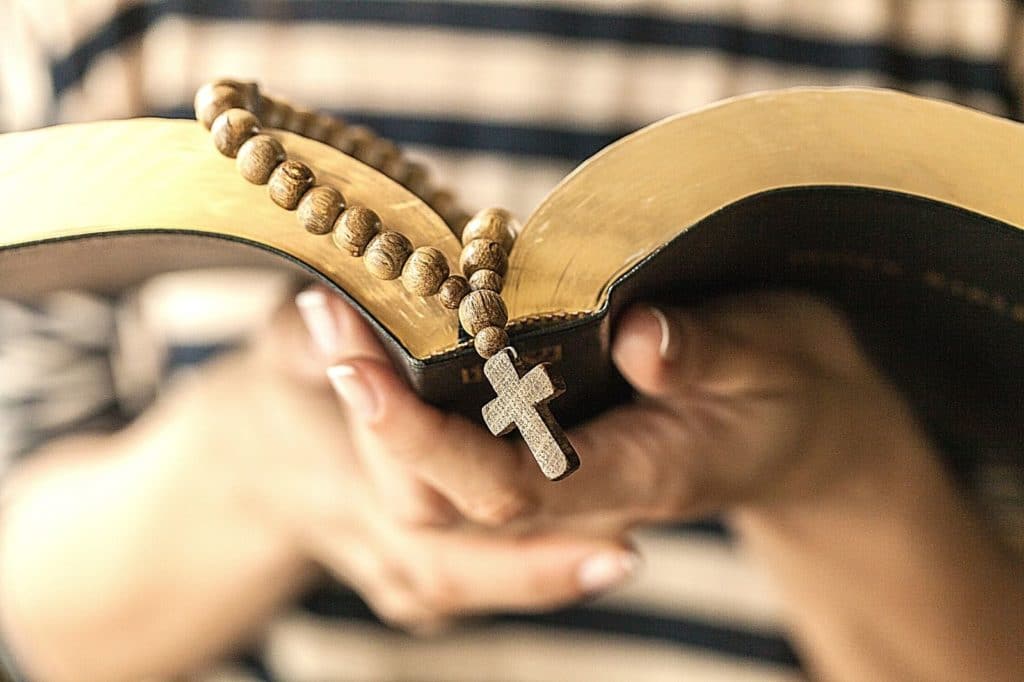For many of us, our spiritual leaders are a natural first place to turn in times of mental health challenges. They know us and our families, they are often a comforting presence, and offer a trusted and wise counselor.
Speaking at the recent Pathways to Hope conference, Matthew S. Stanford, PhD and CEO, of Hope & Healing Center & Institute confirmed that people experiencing a mental health crisis are “more likely to go to a clergy member before any other professional group.”
However, it’s important to understand the distinction between mental health and spiritual health: A pastor cannot prescribe a treatment for schizophrenia, and a psychiatrist cannot meet the spiritual needs of a family. Yet many consider their faith and religion central to their day-to-day life. If their child had cancer, they would seek support and comfort in their faith and community, so it’s understandable that they would seek the same kind of support when dealing with a serious mental illness. The question is, what’s the best approach? How can one find the right balance between medical and pastoral care for your child?
Religion and spirituality have been shown to have remarkable positive benefits on mental health. According to Dr. Kenneth Pargament, “Empirical studies of many groups dealing with major life stressors such as natural disaster, illness, loss of loved ones, divorce and serious mental illness show that religion and spirituality are generally helpful to people in coping, especially people with the fewest resources facing the most uncontrollable of problems.”
He also explains that faith has a great influence on the patient’s psychological health, but it can create challenges, and guidance in this area may be required: “People may struggle spiritually with their understanding of God, with inner conflicts or with other people.” The following list of do’s and don’ts may be helpful as you consider your faith and mental health care
What’s right for your child? Keep these Dos and Don’ts in mind
When seeking care and support for a mental health care challenge in your family, keep the following guidelines in mind:
- Do look for providers who display the professional expertise you need regardless of their faith background. Ask if they are open to your faith practices so you can be sure they will encourage and be supportive of your faith.
- Do use your faith practices (like prayer and meditation, worship, fellowship with others life, etc.) to build resiliency and hope.
- Do find support or spiritual direction from a clergy member who is familiar with mental illness.
- Do find support from faith-based groups, when available.
- Don’t view your child’s mental illness as caused by a lack of faith, sinful behavior, or other afflictions.
- Don’t think that his/her mental illness is actually caused by his/her faith. There is a condition called outside scrupulosity, a form of OCD, in which religion has a negative effect. But studies show that, overall, spiritual activities are conducive to better mental health and faster recovery from both physical and mental health issues.
- Don’t limit your search for mental health providers to only those who share your faith and beliefs; this could make it more difficult to find help.
- Don’t assume that someone who shares your faith is a qualified mental health provider. Check credentials and talk to your child’s pediatrician or your family doctor if you’re unsure.
- Don’t assume that everyone in your faith community will understand what you’re going through. But it may also be your experience that helps others to see the reality of mental illness and how to provide care for families and their children.
Keep in mind that not all religious groups or leaders are formally trained to understand mental illness, just like not all mental health professionals have a good understanding of faith and spirituality. But increasingly, both worlds are learning from each other and collaborating, bringing new hope in the quest for better mental health.
For hope and healing,
Mike Hannan
In case of a medical emergency, please call 911. For a child’s mental health emergency (ages 3 to 17), call Clarity Child Guidance Center at 210-582-6412. Our crisis service department accepts walk-ins 24/7. You can find directions to our campus here. Please do not hesitate to reach out to us. We are here to help!










